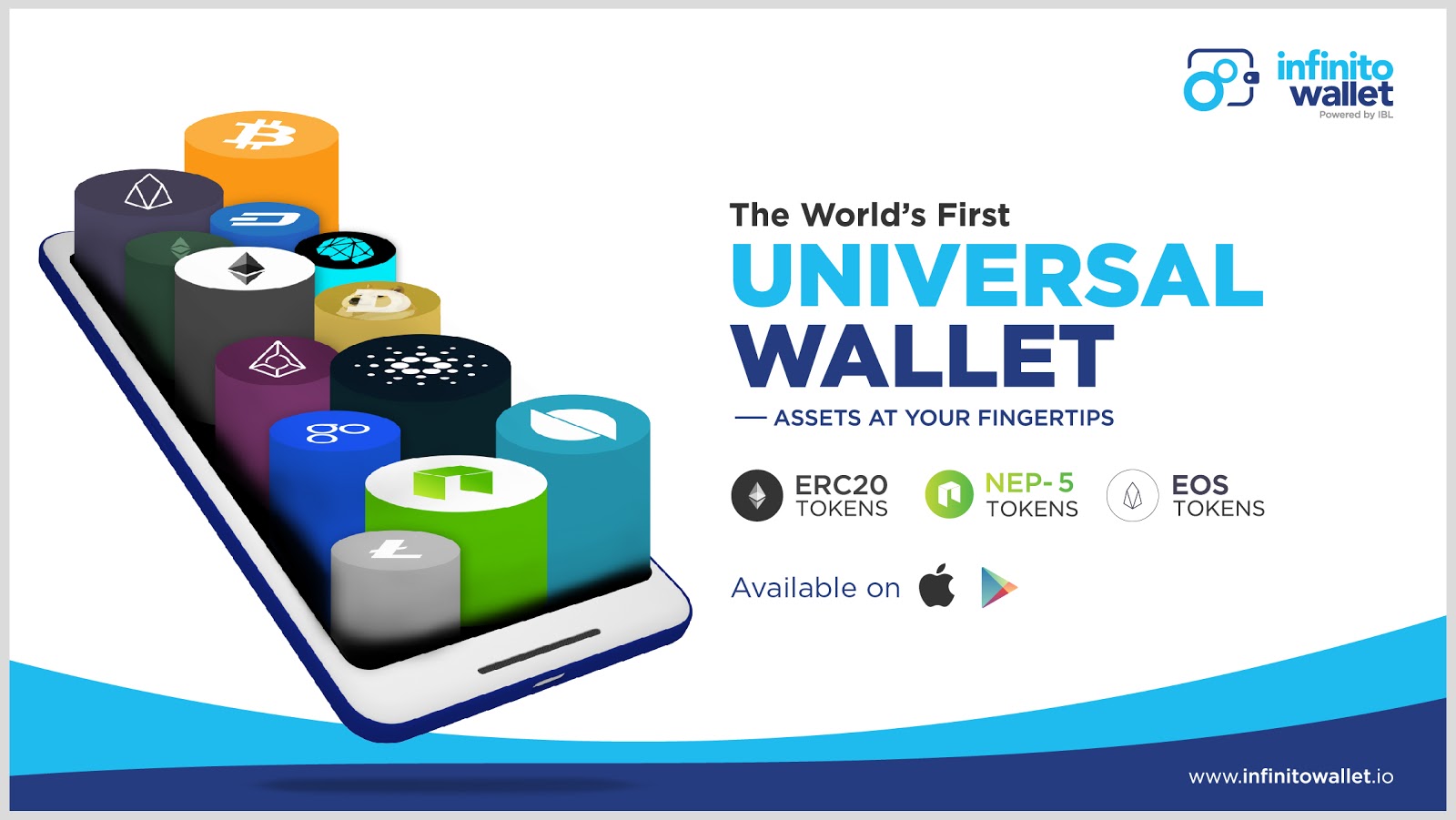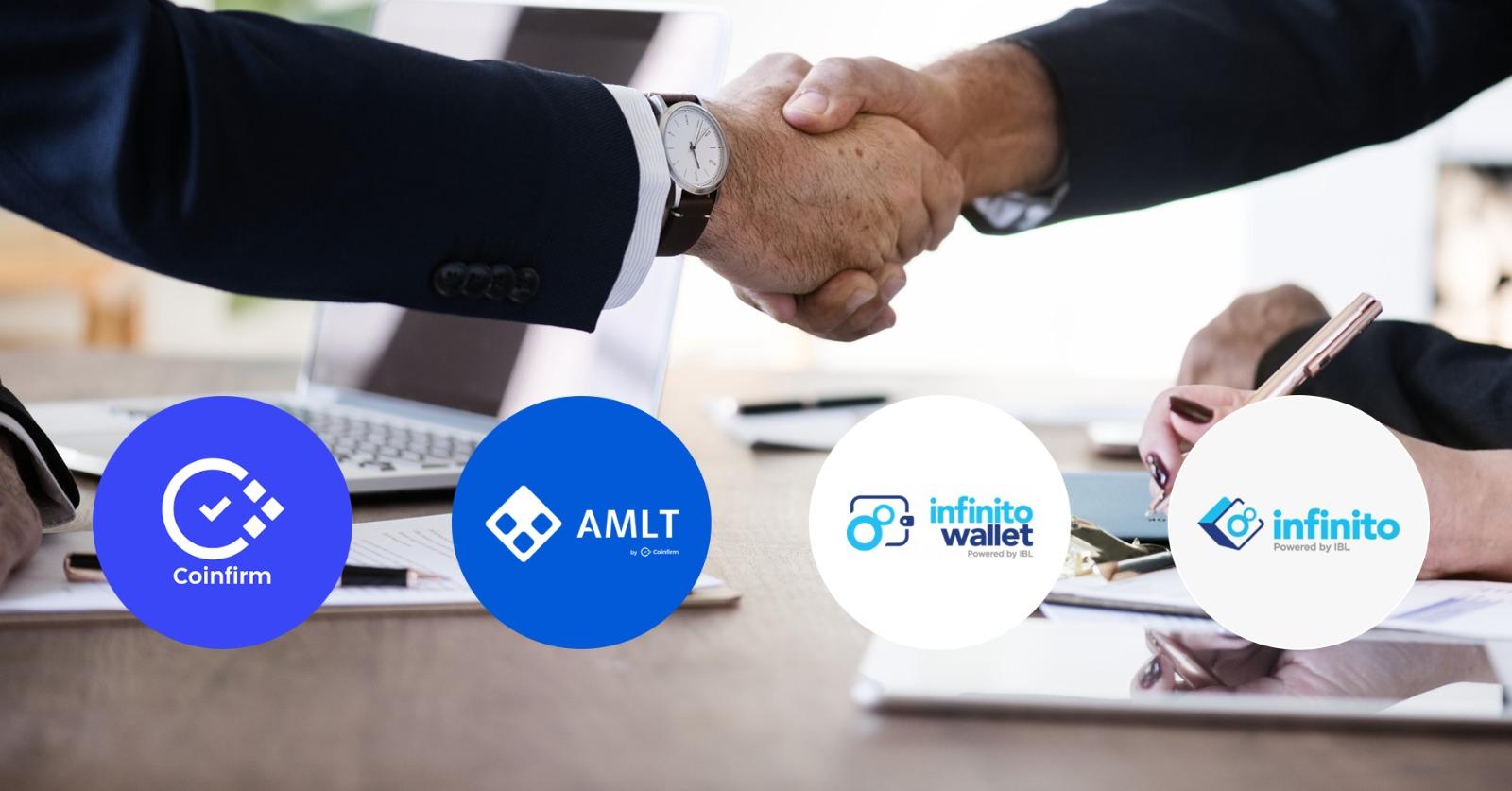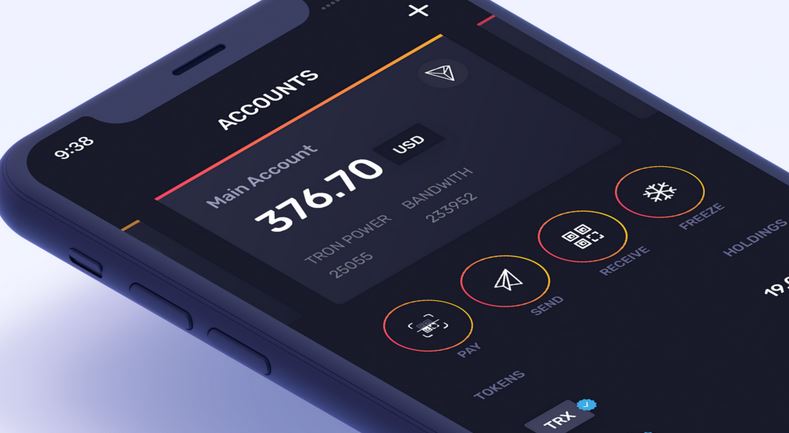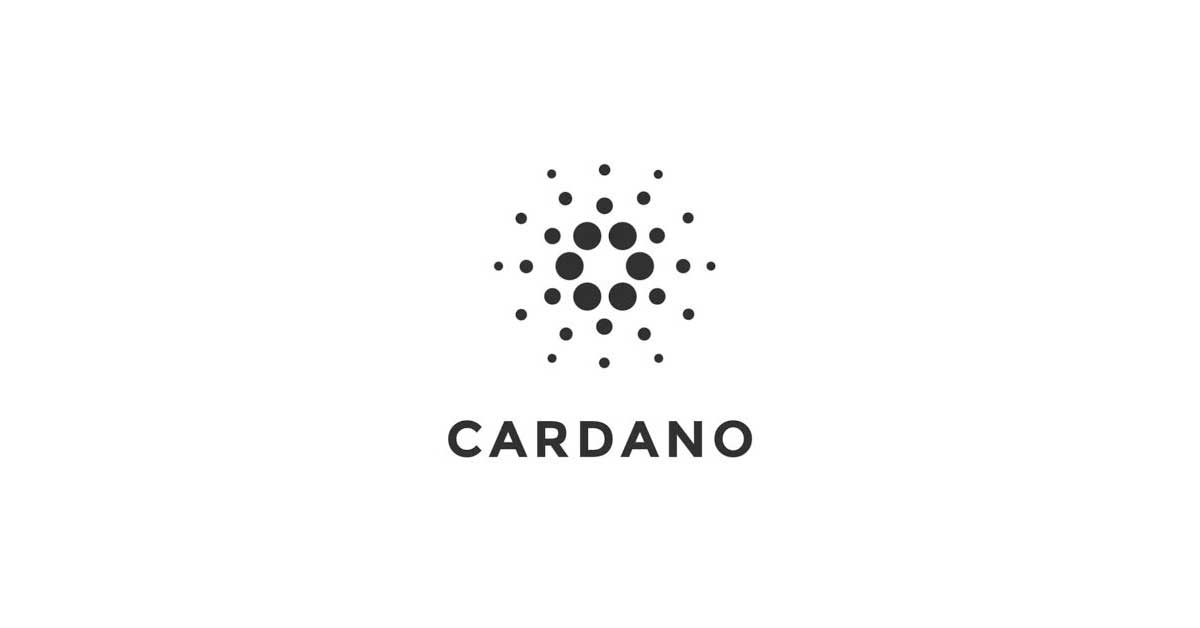2024-2-15 19:44 |
Today, we’re talking Ethereum wallets– but not just any old hardware wallet– the best Ethereum wallets on the market.
We’ll also explore a few Ethereum custody FAQs
Do you want to be actively staking your ETH? Do you need a wallet that can hold several currencies or just Ethereum? There are plenty of wallets that allow you to hold different cryptos, as well as some that are strictly for Ethereum. Do you plan on frequently trading your Ethereum? Some wallets make it easier for frequent traders, and others prioritize security and can be a bit of a hassle to frequently trade with. Do you want access to your wallet from anywhere at any time, or only from one location? There is often an inverse relationship between accessibility and security.By the end of this guide, you’ll know the most popular Ethereum wallets and which one is perfect for you.
The Best Ethereum Wallets Wallet Wallet Type Security Web Interface Mobile App Desktop Client Price Rating Hardware Great $79 5 Hardware Great $59 5 Software Good Free 4.6 Software Good Free 4.5 Exchange Good Free 4.5 Software Good Free 4.5 Software Good Free 4.5 Software Good Free 4.5 Guarda Software Good Free 4.8 What to Look For in an Ethereum WalletFinding the perfect Ethereum wallet shouldn’t be difficult, but it does require a general understanding of how cryptocurrency storage works.
In broad strokes, there are generally four different wallet types:
Hardware wallets: These wallets are physical wallets that have your private keys encrypted into them. These are the most secure type. Gringotts Wizarding Bank level. Hardware wallets allow you to keep your cryptocurrencies in “cold” storage—offline–so your coins are inaccessible to Internet hackers. Online wallets: These wallets exist online. Duh. While they are still considered extremely secure, the fact that they are connected to the Internet exposes you to a small amount of risk. You can use these wallets on a variety of devices. Desktop wallet: These wallets are downloaded and installed on your computer (PC or laptop). Once installed, only that specific computer can access the wallet. Paper wallets: These wallets are pieces of paper with your private keys on them. These are extremely risky because if you lose this piece of paper, the chance of accessing your coins in the future is extremely slim. Goodbye mulah. Additionally, most paper wallet generation sites are actually phishing sites preying on novice crypto traders. Paper wallets for Ethereum are particularly inadvisable since there is a substantial lack of good options.When looking for a secure cryptocurrency wallet, keep an eye out for the following four features:
Private keys: You want to have a private key that only you possess. This is essentially the keys to accessing your coins, and security here is non-negotiable. Development community: Since Ethereum wallets are relatively new, reputation is huge. Look for an active development community that has a promising future. Simple user interface: Look for something that is easy to use. You also want to ensure that your wallet is compatible with different operating systems. Security and backup: Minimize your exposure to human error. Don’t be the person who makes the news for losing a million dollars in crypto by displacing their hardware wallet and forgetting to backup your information.Save yourself the trouble and find a wallet that has the above four criteria.
TREZORTREZOR is a hardware wallet, meaning it holds your private keys offline (which you already knew because you carefully read the previous text, right?!). Originally invented for Bitcoin, users can now store Ethereum on TREZOR using the MyEtherWallet web interface.
This flash drive-sized device stores ether offline with a secure electronic chip. Users can only activate this electronic chip by logging in with their password. TREZOR also uses a limited USB connection, meaning that it can even safely interact with computers that may have been compromised or infected.
Overall: TREZOR is an excellent choice because it is extremely secure, has an active development community, and allows users to store both Bitcoin and Ethereum. It costs around $99.
Ledger Nano SThe Ledger Nano S is one of the highest-rated hardware wallets because it excels in the four criteria we mentioned before. The interface is very user-friendly. It comes with a small OLED screen that makes controlling your transactions simple. Users can set a 4-digit pin on the physical wallet itself, which is an extra element added to prevent keylogging.
The Ledger Nano S stores ether offline and requires users to sign transactions with their private key in order to spend ether. Additionally, the Ledger Nano S has an option to create a recovery seed to recover your private keys if the device is lost or broken. This added feature minimizes your risk of losing all your coins if you misplace your device. The Ledge Nano S alleviates the stress of using a hardware wallet, and stores both Ethereum (ETH) and Ethereum Classic (ETC).
Overall: The Ledger Nano S is neck and neck with the Trezor, but comes at a much more modest price of $65. The sleek user interface and added elements of security make it an extremely competitive option for any cryptocurrency investor.
Exodus WalletExodus is a desktop wallet and is the world’s first desktop wallet that can hold multiple cryptocurrencies. While most crypto wallets are limited to just Bitcoin and Ethereum, Exodus makes it possible to hold a much more diverse portfolio.
One of the most appealing aspects of Exodus is the seamless and clean user interface that presents a user’s portfolio as a pie chart. Exodus is always connected to the Internet, but it doesn’t take your private keys from your device. Additionally, one-click email recovery and backup seed keys make restoring your wallet possible.
It also has ShapeShift built into it so exchanging cryptocurrencies is much easier. The benefit of Exodus is that you can trade cryptocurrencies with ease, whereas you would have to undergo a lengthy process with hardware wallets.
Overall: While Exodus has a beautifully simple user interface, it’s important to remember that it is always connected to the Internet. This fact alone makes it slightly less secure than a hardware wallet. Though the risk is negligible, it’s still worth mentioning.
CoinbaseCoinbase’s web wallet is the simplest and easiest to use compared to other options on this list. It is both an exchange and a wallet platform. You can buy Ethereum, Bitcoin, and Litecoin with fiat currency, and keep your cryptocurrencies secure.
Check out this old-school screenshot from Coinbase (circla 2017).Since the private keys are stored on Coinbase’s hosted servers, you ultimately don’t have total control over your keys. Fortunately, Coinbase is an extremely credible San Francisco-based company with a valuation of over 1 billion and a reputation as being very safe and trustworthy.
Overall: The ease of use makes Coinbase a top option for many beginners. The only drawback is that users ultimately don’t have the same sort of control over their private keys as they would with a hardware wallet.
MyEtherWallet
MyEtherWallet is an open-source web wallet that is different from Coinbase and other traditional web wallets in that you have full control of your private key on your computer. This means you can generate new wallets and store your ether without having to do it on MyEtherWallet servers. This also means you are fully responsible for safely backing up your wallet.
MyEtherWallet is great because it allows you to write and access smart contracts. It also connects with Trezor and Ledger Nano S to safely access your Ethereum within the MyEther platform.
Jaxx
Jaxx is a software wallet that supports many of the leading cryptocurrency coins including Ethereum. The wallet is readily available on:
Android (mobile and tablet) iOS (mobile and tablet) OS X Windows Linux Chrome (extension)There’s also a hardware wallet coming soon.
Designed with the end-user in mind, the wallet is simple to use and has an intuitive interface that even a beginner holder should have no problem figuring out.
With Jaxx, the power is entirely in your hands. All of the keys are created on your local device and are never sent to any servers. Because of this, there is no way for the company to access your funds. Jaxx also avoids collecting any personal information, and you don’t have to provide any verification to use the wallet. For crypto-enthusiasts who value privacy, this is a wonderful thing.
On top of that, the code for the Jaxx wallet is auditable to anyone. This brings a level of trust to the community because any person can audit their codebase and surface any issues or loopholes. Jaxx emphasizes that to prevent malicious copycats, their code is not open source. However, the level of transparency they provide should be enough to give the company your trust.
Overall: With a clean interface and complete control over your wallet keys, Jaxx is a great option to store your cryptocurrency. The wallet has more security than a purely online option but has more vulnerabilities than a hardware wallet.
MistMist is a hybrid desktop wallet with a web interface and is the official wallet listed on the Ethereum Project website. The product is still in beta, so there are issues that may arise when using it, though. To help with these problems, the development team provides a list of common issues and how to fix them on their Github wiki.
The wallet’s available on Mac, Linux, and Windows, so if you’re reading this, you can most likely use it.
Mist protects your wallet with a password that can never be changed once it’s set. I highly recommend that you choose a strong password and don’t forget it. Write it down, memorize it, put it in a safe, etch it on the bottom of a table in the middle of a park – whatever you need to do to make sure you’ll remember it. If you lose this password, you’ll have no way to access your wallet.
With mist, you have complete anonymity. You can download and use the wallet without having to provide any personal information or identification. You also have complete control over your private keys which are held on whichever device you use to download the wallet.
Overall: As the official wallet of Ethereum, you can’t go wrong choosing Mist. Although other wallets exist with a better interface or more security (hardware wallets), this endorsement adds a significant amount of trust to the platform.
MetaMaskMetaMask is a browser extension that allows you to run Ethereum dApps directly in your browser without having to run a full Ethereum node. More than just a wallet, you can also interact with dApps and smart contracts on MetaMask.
MetaMask is currently only available as a Chrome extension or through the Brave browser, but the team states that they plan to support Firefox and the rest of the popular browsers soon.
Your account information is encrypted and stored locally on your browser, so no information ever touches the MetaMask servers. You also full control over the management of your private keys.
If you have trouble getting started with MetaMask, they have a video on their homepage you can watch as well as a comprehensive customer support section on their website.
As a web-based wallet, MetaMask has inherent risks that are not found on hardware wallets. Your funds are still susceptible to software viruses, but you should be fine as long as you follow proper safety guidelines.
Overall: MetaMask is another great option to store your Ethereum. As a bridge to the distributed web, the platform is ideal for people who are looking for a wallet with some additional features.
GuardaGuarda is a simple, lightweight, and secure multi9signature wallet that supports Bitcoin, Ethereum, Tether, EOS, TRON and hundreds of other assets.
Users can use Gaurda to buy, sell, and exchange cryptocurrency. Guarda is particularly notable as it allows users to stake their assets in a relatively user-friendly interface.
Gaurda was launched primarily for Ethereum in 2017 but has since expanded into a wide variety of blockchain-based products, supporting over 10,000 different tokens, cryptocurrencies, and stablecoins. The company also has an FIU license (reg. FVR000109) for virtual currency on fiat currency exchange.
Gaurda’s site notes that the company values user privacy and anonymity and that the platform doesn’t store your backup files, private keys, or any other data on Guarda servers. Gaurda’s CEO, Paul Sokolov, has spent over 5 years in the blockchain industry, with interests in custody-free cryptocurrency management and privacy solutions. CMO Maria Carola started at Guarda as a copywriter and has since progressed to oversee all over Guarda’s marketing efforts.
The team offers 24/7 support for its users.
Overall: Gaurda seems to be a great light-weight non-custody solution for a wide variety of tokens. The staking aspect is really neat, and we advise our readers to educate themselves further on the concept before taking action.
Final ThoughtsBefore setting you free into the world of Ethereum wallets, let’s go over a few closing words of advice. Make sure you pay attention because these tips could end up saving you a ton of time (and coins) in the future.
ALWAYS back up your wallets. Many of the above wallets present the option to use a pneumonic or seed phrase just in case something happens to your wallet. This is pretty standard, but be sure to check if it’s not explicitly stated. It’s silly to lose all your coins because you lost your phone or fried your hard drive. Add extra security. Simple extra security measures such as 2 2-factor authentication through Google Authentication could save you from being hacked in the future. Keep in mind that text message verification isn’t as secure a method since phones can be cloned. Keep your software updated. This is why it’s important to look for an active development community for whatever wallet you choose. These communities are dedicated to not only making wallets more robust and user-friendly but also prioritizing security. Take advantage of this. Make sure your software is up to date.Be sure to keep up with the latest in Ethereum security. The more you know, the better off you will be in investing and protecting your cryptocurrencies.
The post The Best Ethereum Wallet Review: 2024 Edition appeared first on CoinCentral.
origin »Bitcoin price in Telegram @btc_price_every_hour
Ethereum (ETH) на Currencies.ru
|
|



















